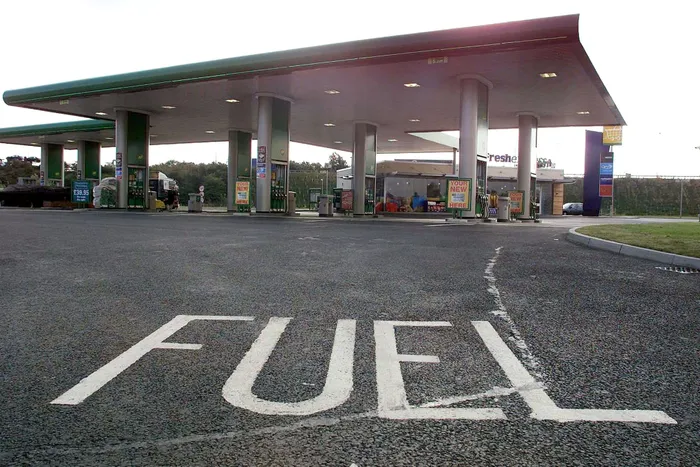Increases in petrol and diesel prices are expected in July as Middle East tensions ignite

With tensions escalating the Middle East, motorists must brace themselves for increases in fuel prices
Image: REUTERS/Ian Hodgson
Bad news awaits motorists as fuel prices are set to spike next week.
The recent escalation of conflict in the Middle East, particularly following US and Israeli strikes on Iranian nuclear facilities, has reignited fears of a broader regional conflict, pushing petrol and diesel prices to the brink of significant increases.
Data released by the Central Energy Fund (CEF) indicates under-recoveries ranging from 43 to 46 cents for petrol and 69 to 71 cents for diesel.
These figures are alarming indicators of what could be a challenging month ahead for South African consumers.
The under-recoveries illustrate the cost pressures facing fuel retailers based on fluctuating international oil prices, which have shown a volatile trajectory this month.
Should the current trends in oil prices prevail throughout the week, experts predict that petrol prices could surge beyond 60 cents, while diesel could witness hikes exceeding 80 cents.
This instability creates an environment of uncertainty, making accurate predictions for next month challenging.
Oil prices have seen substantial fluctuations, escalating from $62.94 at the beginning of June to a peak of $74 a barrel on June 20, before settling back to $69.10 on June 23.
However, geopolitical tensions could easily trigger further fluctuations, keeping consumers on high alert.
Recent military strikes, including an Iranian air strike against a US air base in Qatar, have raised the stakes significantly.
Analysts are pondering critical questions about the potential for Iran to disrupt the strategically vital Strait of Hormuz.
Bjarne Schieldrop, chief commodities analyst at SEB Bank, emphasised the importance of this narrow passage through which a significant portion of the world's oil passes.
"Will Iran choose to choke off the Strait of Hormuz or not? That is the big question," he remarked, yet he indicated that the current oil market sees limited likelihood of such drastic measures.
According to the AFP, Iran stands as the ninth-largest oil producer globally, exporting close to half of its 3.3 million barrels per day.
While the prevailing sentiment amongst investors hints at a belief that US military involvement will be limited but strategically aimed at curbing Iran’s nuclear ambitions, there remains skepticism regarding Iran's responsiveness to such tactics.
David Morrison, a senior market analyst at Trade Nation, noted: "The prevailing view appears to be that the US involvement will prove limited militarily, yet effective, by seriously undermining Iran’s nuclear ambitions."
He added that speculation around Iran's capacity for retaliation has also likely been curtailed.
As consumers await the official announcement of fuel price increases, the broader economic implications loom large, affecting everything from personal budgets to the cost of goods and services across South Africa.
The volatility in the oil market, coupled with geopolitical instability, will continue to shape the economic landscape in the coming weeks, leaving many to wonder how high fuel prices can go before they impact daily life.
DAILY NEWS